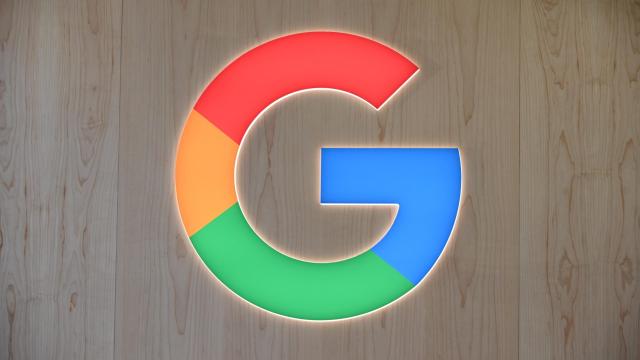Google is planning to banish third-party cookies, and last year the company proposed an alternative to user tracking called FLoC (“Federated Learning of Cohorts”). This week, Google said FLoC had officially flown the coop. In its place, the company announced on Tuesday that it would be trying out another cookie alternative called “Topics,” which will almost certainly be as controversial as FLoC but in different ways.
In a blog post from Vinay Goel, a Google product director working on these cookie-related proposals, he noted that the plan for Topics “was informed by our learning and widespread community feedback from our earlier FLoC trials,” which might be a polite way of saying that the proposal wasn’t popular with anyone. At all.
Advertisers weren’t on board, since the proposal was predicated on ceding much of the tracking power they currently have inside of Chrome entirely to Google. Advocates in the tech privacy space weren’t fans, either, since the proposal essentially swapped cookies out with technology that could still easily profile users — sometimes in terrifying ways — based on their browsing behaviour. Even lawmakers got on Google about the proposal, with the current landmark case against the company led by Texas Attorney General Ken Paxton specifically calling out FLoC for its anticompetitive behaviour (which Google has gone on the record to deny).
While Goel’s blog post breaking down Topics doesn’t address the anticompetitive concerns, it does smooth over some of the stuff that that left privacy advocates up in arms with the last proposal. FLoC, in a nutshell, would lump people into a given segment (or “flock”) based on the way they browsed around the web — meaning that the pages they visit, the online stores they use, all that stuff — would be used as a part of that profile. While this did prevent advertisers from being able to track and target individuals across the web, there wasn’t really any measure in place to prevent flocks from coagulating around, say, people who tend to visit religious websites, or Republican websites, or things like that.
Topics, on the other hand, assigns users to a given set of… topics (naturally), based on that browsing behaviour instead. Every three weeks, the blog explains, users will get assigned to a given handful of topics from a set of about 350, with plans to expand the list out overtime. And as Google was quick to note, “topics are thoughtfully curated to exclude sensitive categories, such as gender or race.” Indeed, the full list, that you can check out for yourself here, is pretty benign; people’s browser behaviour can be profiled based on their supposed interest in topics like “Live Comedy” or “Dance & Electronic Music,” but not on a person’s political standing, for example.
According to the more technical breakdown of how Topics is expected to work, sites across the web will get mapped to a given topic based a “classifier model” that’s planned to, say, link up a site like “electronicdance.com” to the electronic music classifier. Google’s proposal also notes that in the future, sites might be able to offer up their own topics, “but that remains an open question discussed later.”
Once the browser figures out the stuff you’re broadly interested in — and you use that browser to open a site that supports the Topics backend code — the browser will share a handful of your most visited topics from the past three weeks with the site, and that site can then share the topics with its ad partners, who can then use those topics to target you with ads.
It’s a kinda complicated proposal in the same way everything in ads is kinda complicated, but the idea is that this kind of limited data sharing would be better than the data brokering free-for-all happening with our browsers right now. And according to Google, users will ideally be able to review the topics on their list at any given time, and remove them as they see fit. Considering how some of the current list suggests plans to profile users based on interests in topics like “marriage,” being able to prevent your browser from pummelling you with ads for wedding venues would be a welcome relief.
Now we just need to see how this plan goes over with if advertisers, lawmakers, privacy advocates, and regular folks. Considering what we saw in the aftermath of FLoC, Google should probably prepare for the worst.
